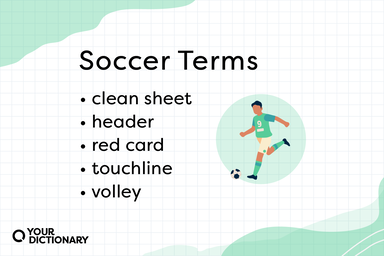Bound Definition
- Within the boundary of a playing field or court and therefore in play or legal.
- Outside the boundary of a playing field or court and therefore not in play or legal.
- In such a way as to violate or exceed acceptable rules or standards, as of decency:
felt the guest's behavior was out of bounds.
- deeply devoted to
- implicated or involved in
- beyond the boundaries or limits, as of a playing field
- not to be entered or used; forbidden
Idioms, Phrasal Verbs Related to Bound
- in
- out of bounds
- bound up in
- out of bounds
Origin of Bound
-
From French bondir (“to leap, bound, originally make a loud resounding noise”); perhaps, from Late Latin bombitāre, present active infinitive of bombitō (“hum, buzz”), frequentive verb, from Latin bombus (“a humming or buzzing”).
From Wiktionary
French bondir to bounce from Old French to resound perhaps from Vulgar Latin bombitīre from Latin bombitāre to hum from bombus a humming sound from Greek bombos
From American Heritage Dictionary of the English Language, 5th Edition
-
Alteration of Middle English boun ready from Old Norse būinn past participle of būa to get ready bheuə- in Indo-European roots
From American Heritage Dictionary of the English Language, 5th Edition
Middle English from Old French bodne, bonde Anglo-Norman bunde both from Medieval Latin bodina of Celtic origin
From American Heritage Dictionary of the English Language, 5th Edition
From Middle English bounde, from Old French bunne, from Medieval Latin bodina, earlier butina (“a bound, limit”)
From Wiktionary
-
Alteration of boun, with -d partly for euphonic effect and partly by association with Etymology 1, above.
From Wiktionary
-
See bind
From Wiktionary
Find Similar Words
Find similar words to bound using the buttons below.





